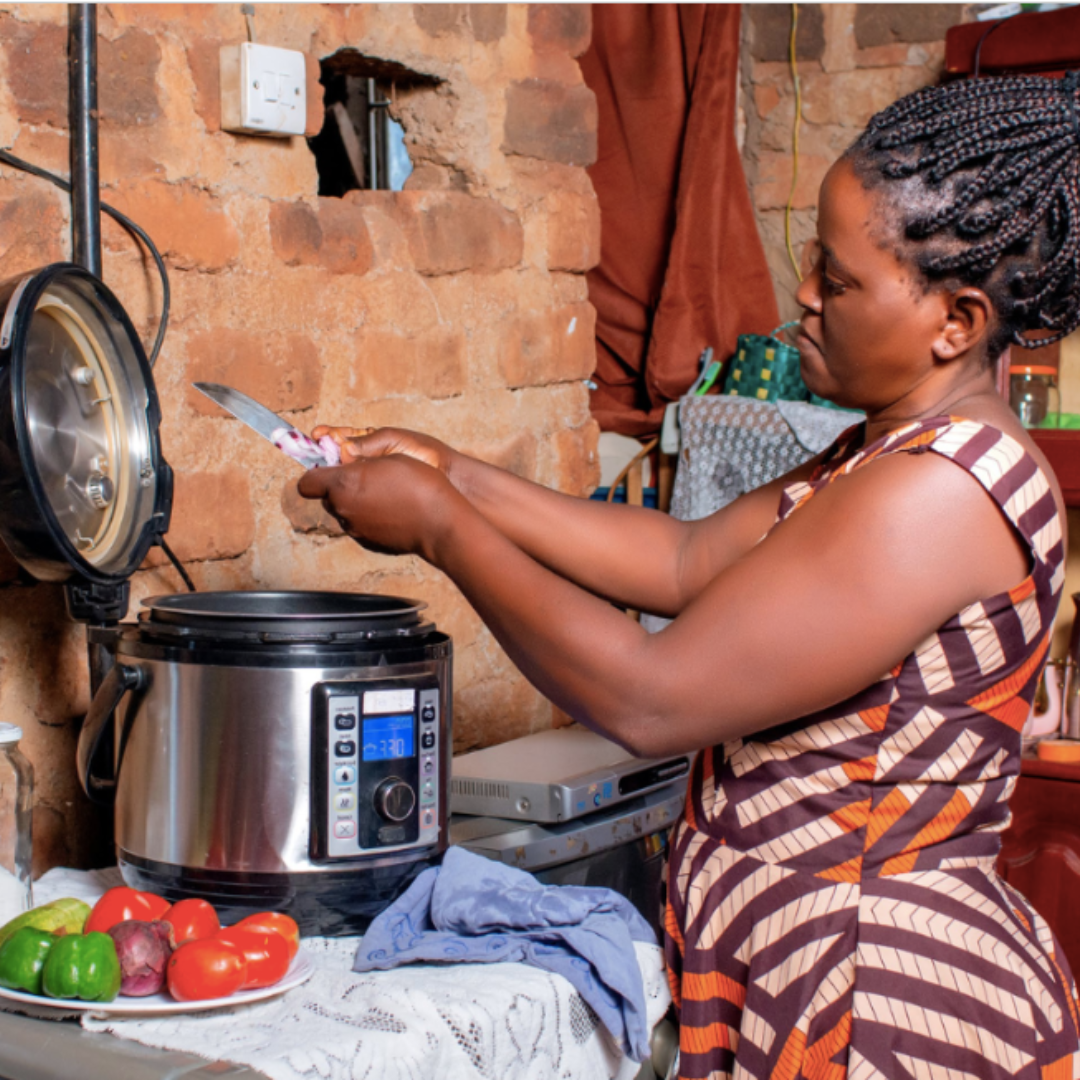Championing energy transition through innovations and policy advocacy
Clean Air Network is a nonprofit organisation working to drive the technology and policy changes needed to achieve a zero-emissions, high-energy planet at an affordable cost.
Our Approach
Clean Air Network drives transformative impact through:
Modeling & Systems Analysis:
We drive the support for the most effective policy and technology strategies.
Technology Innovation
We facilitate the commercialization of emerging and proven next-generation technologies.
Policy Advocacy
We work to practically and objectively catalyze realistic change that leads to major impact through legal and legislative advocacy.

The Challenge:
Uganda remains increasingly exposed to the escalating global climate crisis, primarily driven by harmful greenhouse gas emissions. It is estimated that over 70% of the emissions responsible for global warming originate from energy production and consumption. Globally, energy systems emit approximately 40 billion tons of carbon dioxide annually, thereby intensifying climate change and placing vital ecosystems at risk.
As Uganda’s population expands and energy demands grow, continued reliance on biomass and fossil fuels will exacerbate these challenges. Without immediate and strategic investment in clean and sustainable energy solutions, the country risks magnifying the adverse effects of climate change, with serious implications for public health, food security, and long-term economic development.
Our Solution
We are accelerating emissions reductions and scaling transformative climate solutions to achieve an affordable, high-energy, net-zero future. Our work focuses on four critical areas:
Changing the narrative — Elevating public understanding of the magnitude of the climate crisis and the comprehensive solutions required to address it.
Changing technology — Advancing and deploying the full range of carbon-free options, including next-generation renewables, zero-carbon fuels and carbon capture, all at an affordable cost.
Changing business models — Promoting modular, manufacturable energy solutions that can be rapidly deployed in Uganda to reduce to the costs and speed up energy transition.
Changing policy — Supporting the development, demonstration, and scaling of technologies and systems needed to reach net-zero emissions in Uganda by midcentury.

Our Key Priorities
If we think objectively about where Uganda has the potential to go, we need to think more ambitiously. Our priorities are designed to tap into Uganda’s potential to transform its energy system within climate limits by tapping into a diverse portfolio of solutions.
Clean Air Network’s work focuses on expanding access to clean, affordable, and reliable energy, strengthening utility markets, and promoting zero-carbon technology innovation in Uganda:

Clean Energy Access
Our work focuses on strengthening the utility agenda, stimulating demand and advancing development-centric transition pathways for Uganda.

Transport Decarbonization
Clean Air Network drives low-carbon mobility solutions by accelerating electric vehicle adoption, expanding safe infrastructure for walking and cycling, and advancing policies to phase out high-emission used vehicle imports – creating cleaner air and more sustainable cities.

Methane Pollution Prevention
We work with government, companies, and civil society in Uganda to build understanding, capacity, and the development of innovative policy solutions that can dramatically reduce methane pollution in the near-term.
Our Team
Clean Air Network unites top scientists, engineers, and policy experts in an agile team that pioneers innovative clean energy solutions through bold, interdisciplinary collaboration.

